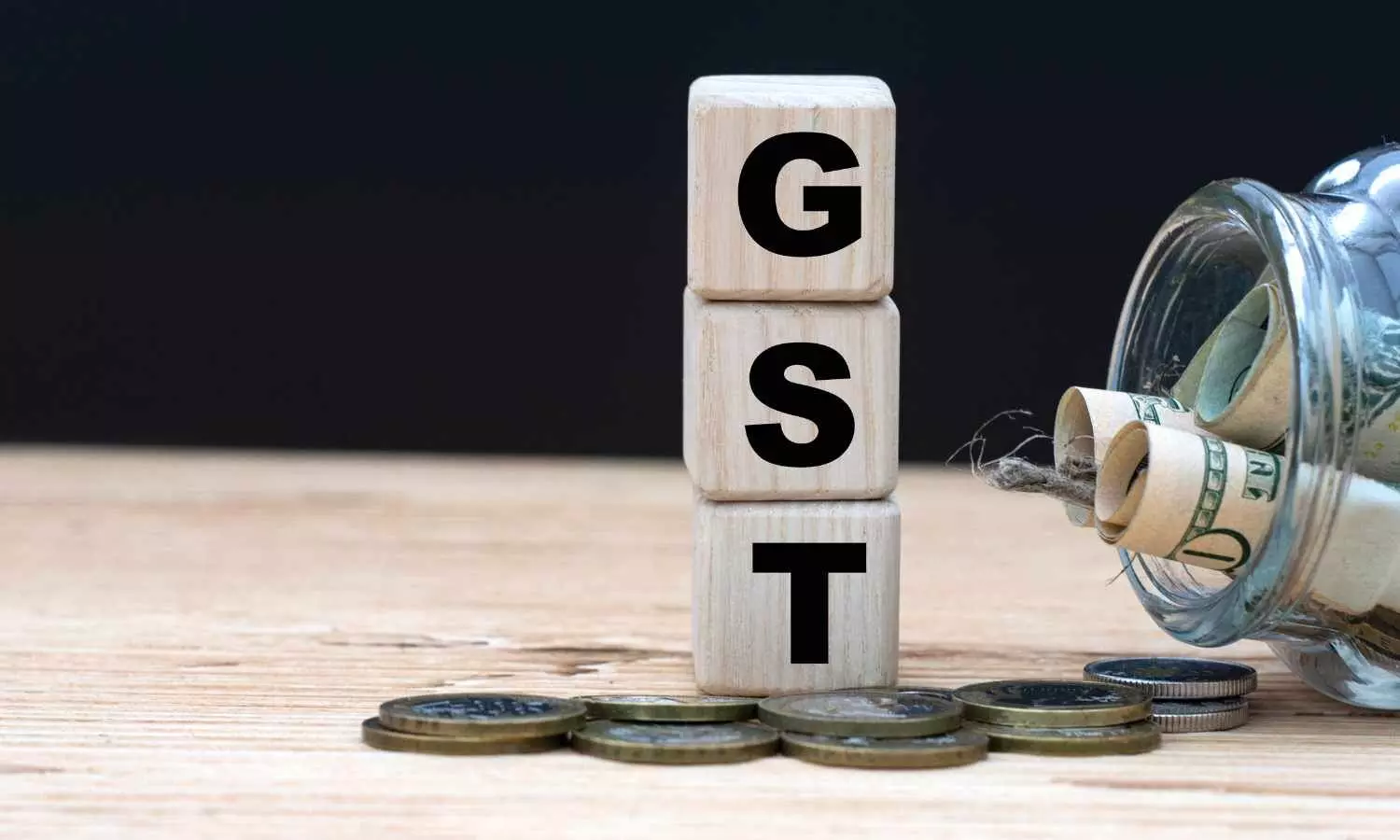GST council may remove 12% tax slab
The GST Council is considering scrapping the 12% tax slab, which could lead to adjusted rates on everyday items. Learn which categories may be affected and what it means for consumers and businesses.
GST council may remove 12% tax slab

Mumbai, June 24
The GST Council, in its next meeting, may do away with the existing 12 per cent tax slab. Moreover, it may go for continuation of compensation CESS, streamlined GST registration norms, and the zero-rating of intermediary services.
Talking to Bizz Buzz, Shivashish Karnani, GST Division, DPNC Global says, “Removal of 12 per cent rate would be a significant step toward the long awaited GST rate rationalization. Eliminating the 12 per cent slab could simplify the tax structure by creating clearer demarcations between essential goods at 5 per cent and standard goods at 18 per cent.”
However, the challenge lies in determining where current 12 per cent items will be repositioned, moving them to 18 per cent could increase consumer burden, while shifting to 5 per cent may impact revenue collections. The council will need to carefully balance revenue neutrality with compliance simplification, he cautioned.
On Compensation CESS continuation, he said that
the continuation of compensation cess beyond its original timeline reflects the harsh reality of India's federal fiscal dynamics and the ongoing revenue pressures faced by states. While this extension provides much needed financial certainty to state governments, it also means that consumers and businesses will continue bearing this additional tax burden for an extended period.
The GST Council should use this extension period to implement comprehensive measures that boost organic GST collections including better compliance mechanisms, technology upgrades, and anti-evasion measures. More importantly, we need a clear, time bound roadmap for phasing out this cess as GST revenues mature. The goal should be to make GST collections self-sustaining without relying on these supplementary levies, thereby truly delivering on the promise of a simplified indirect tax regime."
Commenting on CBIC registration instructions to be followed by state govts he said, “Aligning state GST registration procedures with the recently streamlined CBIC instructions would be a game changer for businesses, particularly those operating in multiple states. Uniform norms would mean faster registration, fewer technical rejections, and smoother PAN-India operations for businesses.”
On, zero-rated for intermediary services, he opined that classifying broker, agent, and digital platform services as exports is a progressive move that could boost India's services exports competitiveness. This change acknowledges the evolving digital economy and could position India as a more attractive destination for global service providers. By making these services zero-rated, it would relieve service providers from GST burdens, significantly improving working capital flow. This move will also lead to end of litigations revolving around issue of exports vs intermediary services.
It is important to emphasis that due foreign exchange should be realised by these intermediaries to enjoy the benefits of zero rate.
EoM.

